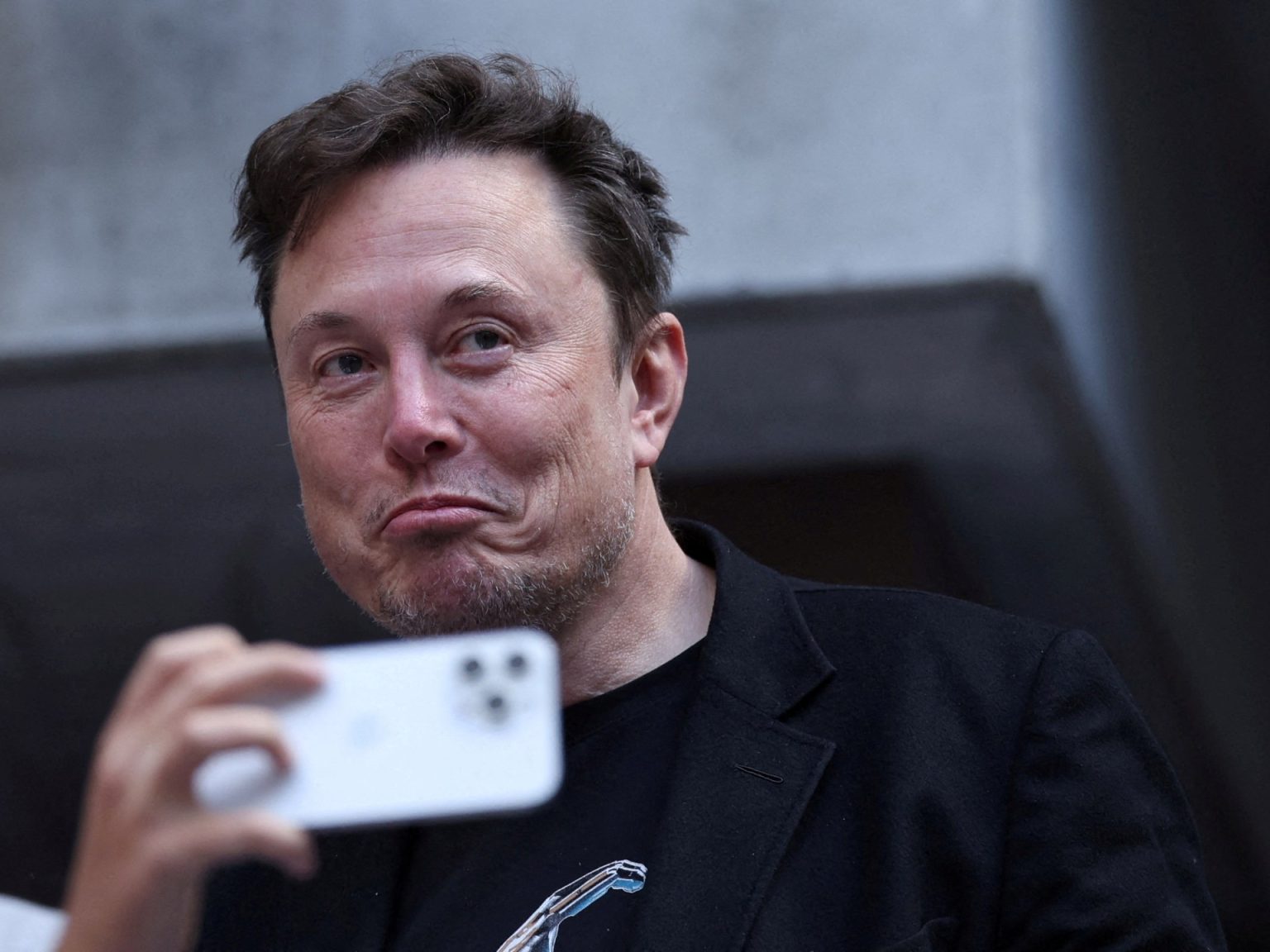Elon Musk, the world’s richest man, has been engaged in public online battles with governments around the world, primarily left or liberal administrations, over his claims that they are curbing free speech. These spats have coincided with government attempts to regulate social media, where Musk’s business interests lie. From Brazil to Australia, France, the United Kingdom, and the United States, Musk has been embroiled in conflicts that have had significant repercussions for him and his companies.
In Brazil, Musk’s social media platform, X, was banned after he refused to comply with a court order to appoint a legal representative in the country. The court also ordered X to block far-right accounts, which Musk rejected, leading to a clash with Supreme Court Justice Alexandre de Moraes. The Brazilian government imposed fines on X and froze the bank accounts of Musk’s satellite communications firm, Starlink. Musk initially tried to circumvent the ban but eventually agreed to appoint a legal representative and block accounts accused of spreading hate speech and disinformation to regain access to the Brazilian market.
In Australia, Musk criticized the government, calling them “fascists,” after they announced legislation that aimed to fine media platforms for spreading false or misleading information. Musk argued that the law was against the principle of free speech, echoing concerns raised by others, including the shadow minister of communications. However, the Australian government accused Musk of inconsistency in his stance on free speech, pointing to his willingness to crack down on accounts under certain circumstances.
In France, Musk criticized the arrest of Telegram CEO Pavel Durov, who was detained due to allegations of failing to regulate drug trafficking, organized crime, terrorism, and fraud on his messaging platform. Musk posted on X in support of Durov and criticized Mark Zuckerberg for similar allegations. The situation highlighted concerns about online freedom and government control of social media platforms.
In the UK, Musk engaged in a war of words with Prime Minister Keir Starmer after far-right and anti-immigration riots. Musk’s comments on X, including suggesting that civil war was inevitable, prompted backlash from the government and law enforcement officials. The exchange revealed tensions around political discourse and law enforcement strategies in response to social unrest.
In the United States, Musk’s comments on President Joe Biden and former President Donald Trump have sparked controversy. Musk has been critical of Biden’s policies and openly supported Trump, leading to backlash from the White House over what they described as racist and anti-Semitic comments. Despite these tensions, Musk has collaborated with the US government to provide satellite access to Ukraine during its conflict with Russia, showcasing his complex relationship with governments and political figures worldwide.
Overall, Musk’s confrontations with governments highlight the challenges of navigating the intersection of free speech, social media regulation, and political discourse in the digital age. His public battles with authorities demonstrate the power and influence of the world’s wealthiest individuals in shaping conversations around governance, technology, and democracy.


